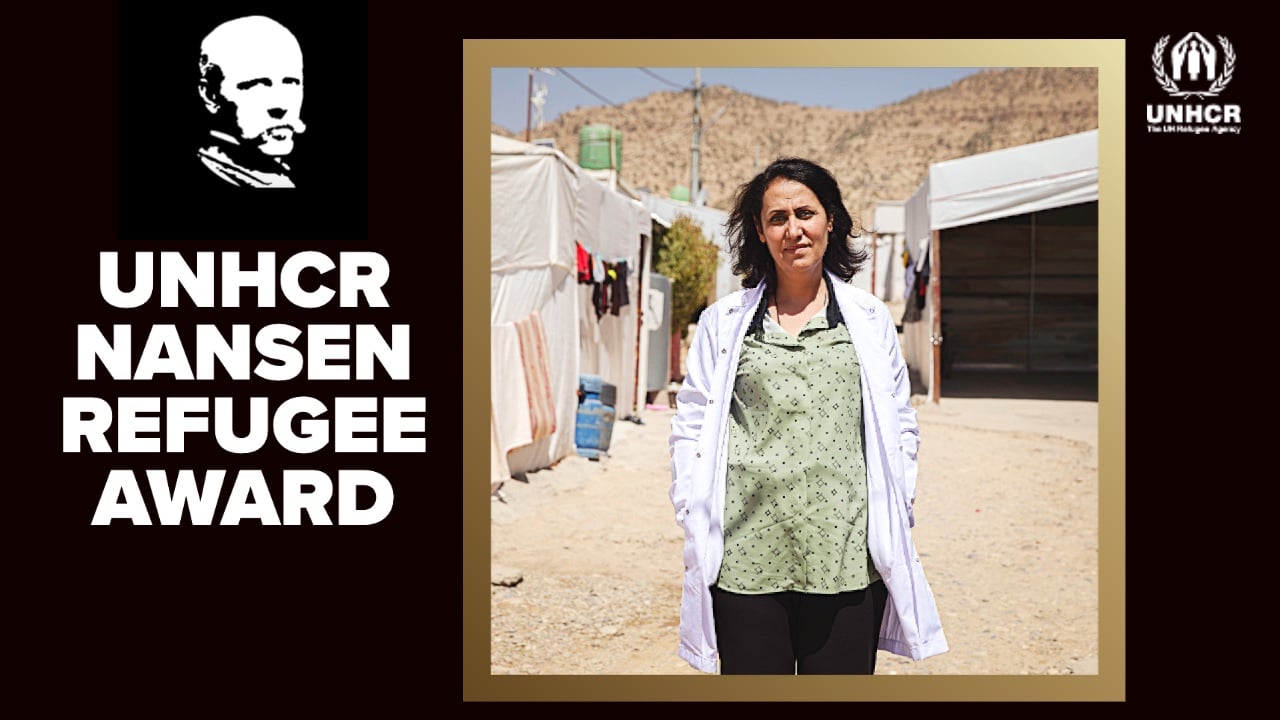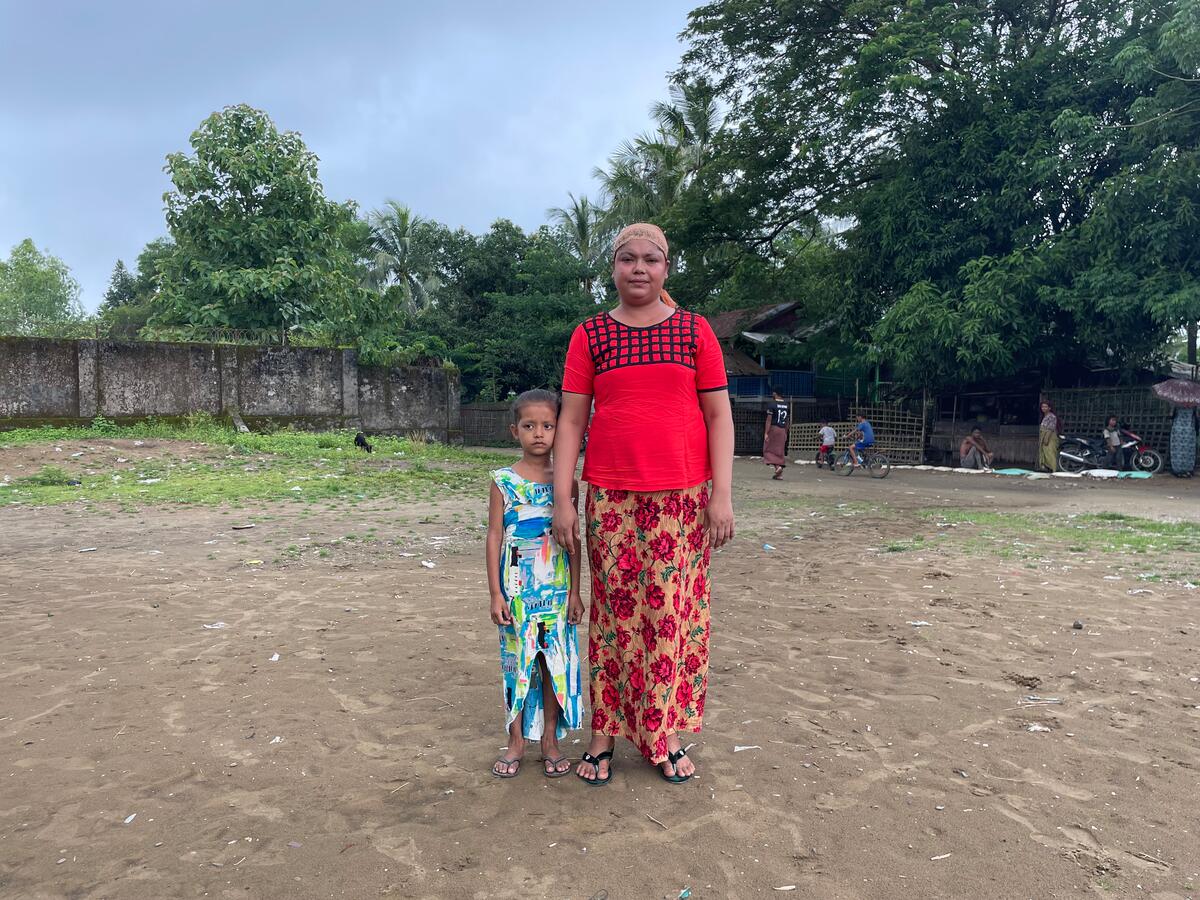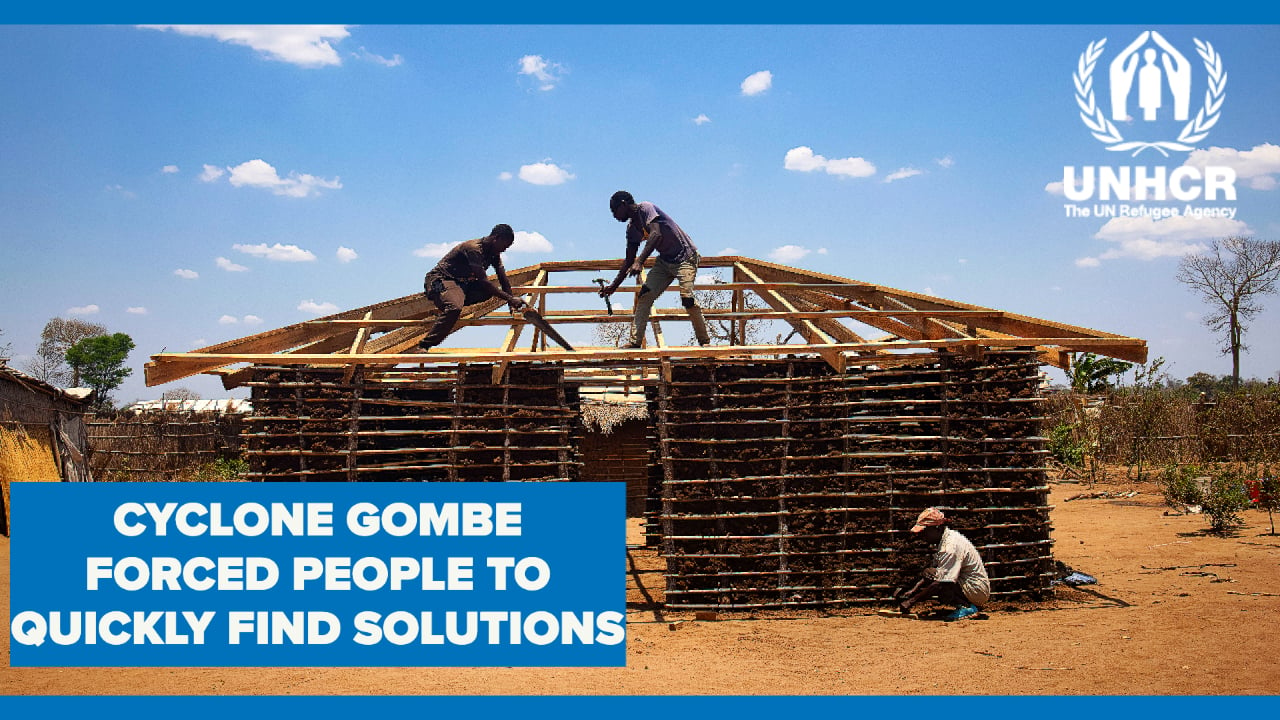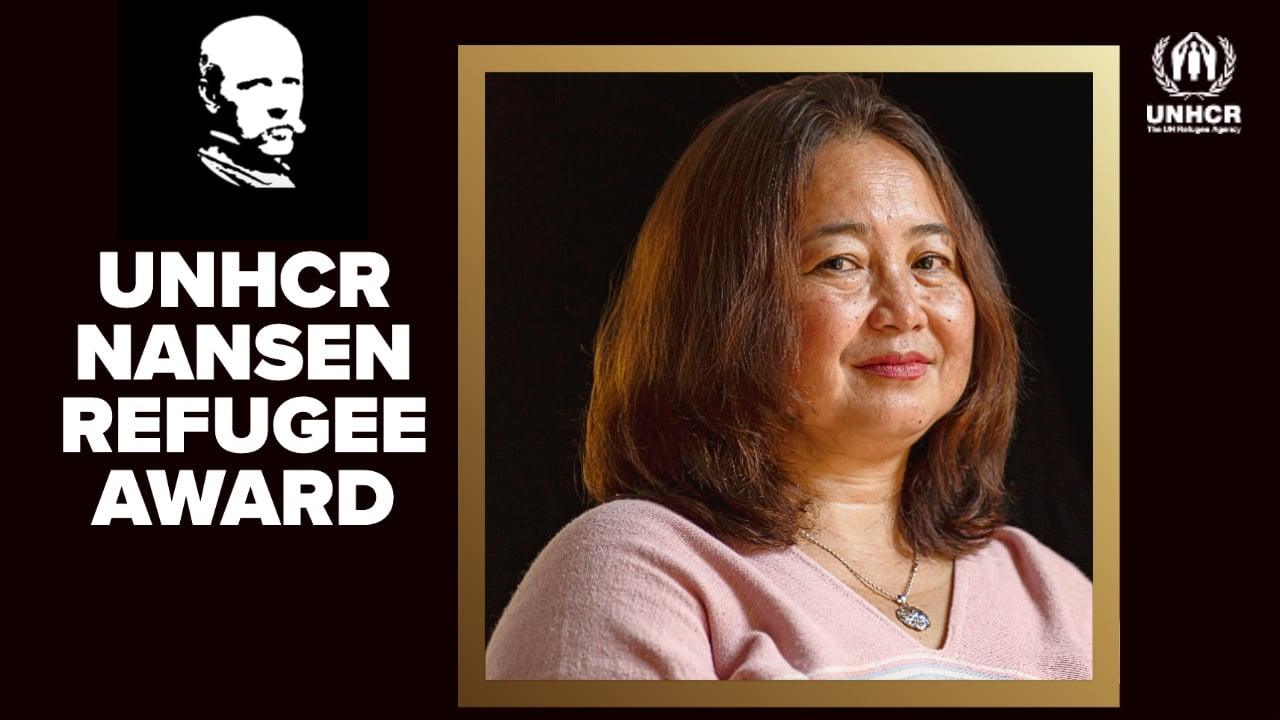30,000 Congolese flee to escape fresh conflict in Ituri district
30,000 Congolese flee to escape fresh conflict in Ituri district

BUNIA, Democratic Republic of the Congo, April 7 (UNHCR) - The UN refugee agency said Tuesday that renewed fighting between rival militia groups in the north-eastern Democratic Republic of the Congo (DRC) has driven more than 30,000 Congolese from their homes.
On March 31, the Popular Front for Justice in the Congo (FPJC) attacked Tcheyi, Bavi and Songolo villages in the Irumu area of Ituri district, which is located in DRC's Orientale province. Two days later, the self-styled Revolutionary Front for Peace in the Ituri (FPRI) launched a counter attack to retake Bavi.
The FPJC splintered from the FPRI last September and carried out a number of attacks, which led to displacement and human suffering in the area. The FPRI has refused to participate in the peace process in the DRC and has been blamed for major human rights violations in Ituri district.
The displaced have fled to Nyakunde and Marabo and are also located along the road leading to Kagaba, Chikede, Geti and Aveba, some 50-70 kilometres south of the Ituri capital of Bunia. Many of the newly displaced include people who were uprooted in raids mounted by the FRPI in 2006 in Ituri district and who were assisted to return to their homes by UNHCR in late 2006.
The latest flare-up threatens to reverse the considerable progress made in the repatriation and resettlement of thousands of Congolese affected by previous conflicts in the area.
Meanwhile, UNHCR on Tuesday urged donors to help provide aid to internally displaced people, host families and returnees in Haut-Uele, another troubled district of Orientale. Thousands fled their homes in the district, which lies immediately to the north of Ituri, to escape attacks since last September by Uganda's rebel Lord's Resistance Army (LRA).
But some people have been returning home while UNHCR teams have since the end of last month managed to access villages north of the district capital of Dungu which the LRA had previously attacked, including Kiliwa, Limai, Taduru and Duru. They found destitute people in need of urgent assistance.
"Assistance should target everybody - the returning, displaced and host families - since they are all in the same state of need," said Karl Steinacker, who is the coordinator of UNHCR operations in eastern DRC.
In Duru, UNHCR staff members found 1,400 displaced people sharing their meagre resources with some 1,200 locals. About 1,100 people have returned to their villages around Duru, but are in poor health and in urgent need of relief assistance.
People in need were also found last week in the town of Faradje and the village of Kiliwa, where people had almost nothing. On Monday, a UNHCR team visited Taduru, 20 kilometres north-west of Dungu, and found semi-naked men, women and children sleeping under loose palm leaves. Many were ill and in need of medicine.

But UNHCR also found that many people were returning home: about 12,000 people had gone back to Faradje, or about 70 percent of the population, while some had returned to Kiliwa, 45 km north of Dungu. But they were returning to scenes of devastation, with houses burned down, fields left idle for months and water sources tainted.
UNHCR and other agencies have provided some help, including shelter materials and food, but much more needs to be done - and soon - because the rainy season is approaching.
But the overall situation in Haut-Uele remains tense and most of the estimated 180,000 internally displaced people are not ready to return home. Fighting continues in the Duru area and one man was killed there on March 29. Some people continue to flee their homes - about 200 people fled to Faradje last week to escape LRA attacks.
"It's a province that has never known real peace," said a Catholic priest in Dungu, lamenting the violence that has long plagued Orientale.
By David Nthengwe in Bunia, Democratic Republic of the Congo








